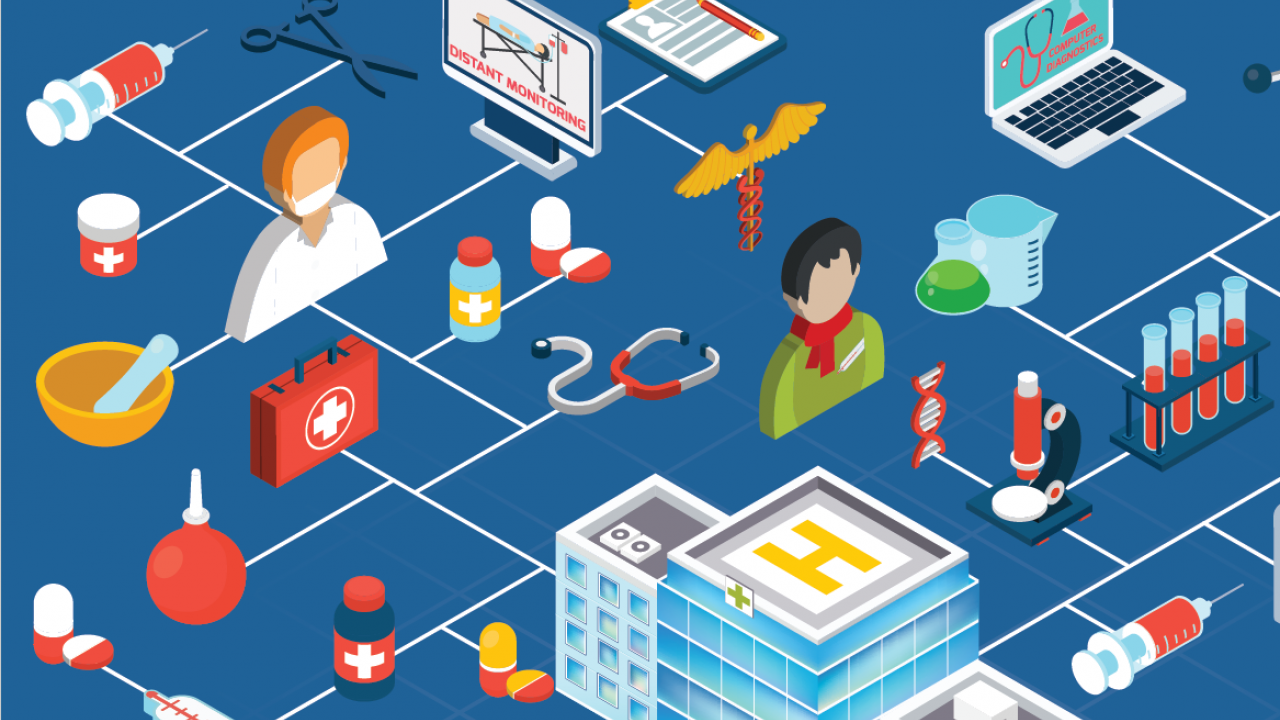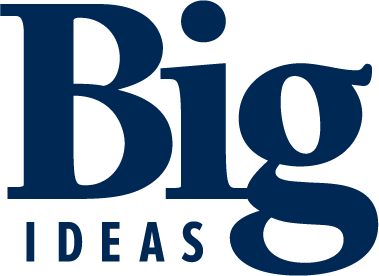
The Future is Now
UC Davis experts in precision medicine are leading cutting-edge advances in healthcare
By Laura Pizzo
Millions of people around the world are using smart phones, watches and other wearable devices to track their location, physical activity, sleep cycles, eating habits and more. This person-generated healthcare data can be more than a recreational activity. This information can build a partnership between patient, family and clinicians who collaborate to translate data into information that informs their health decisions and builds a learning healthcare system.
This is one of the many issues UC Davis’ Precision Medicine team is tackling. Precision medicine is a revolutionary new paradigm for healthcare and public health. The Center for Precision Medicine (CPM) convenes all of UC Davis and the diverse communities we serve and collaborate with to take advantage of innovations in genomics, mobile health, biomedical data sciences, imaging, mental health and environmental sciences. It embraces what Fred
Meyers, associate dean for precision medicine and professor of internal medicine and hematology-oncology at UC Davis School of Medicine and Comprehensive Cancer Center, references as “the four P’s” of precision medicine: participatory, personalized, proactive and predictive. Meyers is leading this cross-campus initiative. He notes that tackling the most difficult and persistent health challenges for society’s benefit is the emerging “brand” of the Center for Precision Medicine. For example, precision medicine teams prioritize care for the most isolated and vulnerable patients who need help but may lack access to care.
“In the smart watch example, the healthcare team and I could look at a patient’s data that has been transmitted from the smart phone to the electronic health record and call them because we noticed a recent decrease in activity,” he explains. “Without the patient needing to travel or tolerate other delays in timely assessment, I could ask, ‘What’s going on? Are you working too much? Feeling sick or blue? Are you experiencing a side effect from your medication?’ Together, and thanks to patient generated healthcare data, we could make a plan that could make a noticeable difference in their health.”
As described by Christopher Wang, manager of the Precision Medicine Center at UC Davis, “Precision Medicine is about breaking the standard and finding new, innovative ideas that could improve healthcare.”
Bringing research and clinical care together
Nicholas Rolphe Anderson is the UC Davis Health director of informatics research and an associate professor at UC Davis School of Medicine. His work has allowed him to see firsthand how technology has ignited patients’ desire to be more active participants in their healthcare.
“Technology is continuing to offer opportunities to democratize health knowledge, and the expectations are shifting very quickly in terms of the value that might be available through patients’ own health data and their role in health management,” Anderson explains. “There are so many apps out there with enormous potential, but right now they have no clinical value because there’s no measurement of how effective they are. We are working to change that.”
Popular apps and wearable technology are not the only innovations quickly accelerating precision medicine. John McPherson is a professor in the department of biochemistry and molecular medicine and deputy director and associate director for basic sciences at UC Davis Comprehensive Cancer Center. A genomicist, he works side-by-side with clinicians and data scientists to identify effective cancer treatments by sequencing patient DNA and using it to make predictions. This work has been rapidly evolving in recent years.
“Let’s say there’s a clinical study where there is a 20 percent response from patients receiving a certain drug,” he explained. “What precision medicine is working toward is being able to identify in advance the 20 percent of patients who have a high likelihood of responding to the drug and not giving it to the 80 percent who won’t see the results or benefits. We can accomplish that by developing a stronger understanding of genomics and other data markers that help us make better predictions.”
A learning healthcare system
Meyers and the UC Davis Precision Medicine team admit that at times their field can sound like science fiction, but fiction turns into reality daily, thanks in part to UC Davis’ collaborative, interdisciplinary culture.
“At UC Davis, we have experts across all fields who are committed to working as a team to utilize new data sources and technology to improve the quality and value of healthcare and target population health,” Meyers said. “That’s what is truly revolutionary about precision medicine at UC Davis: Our work has remarkable potential because we have a unique organizational view. Here, our researchers are driven by what the clinicians need to know, and we learn from each other and our patients. For example, we have very close partnerships with the Betty Irene Moore School of Nursing and the Center for Health and Technology.”
Meyers notes that one of the most exciting aspects of precision medicine at UC Davis is that students are often two steps ahead with cutting-edge technology and also add fresh perspectives on ethical, legal and social implications of precision medicine.
“Precision medicine must attract diverse and inclusive voices to bring fresh perspectives for healthcare and for public and community health, including people who otherwise wouldn’t have been interested in a career in medicine — people who may have gone into business, communications or computer science,” he said. “That’s very exciting. It means recruiting different people who think in interesting ways, making the new paradigm a true revolution.”
